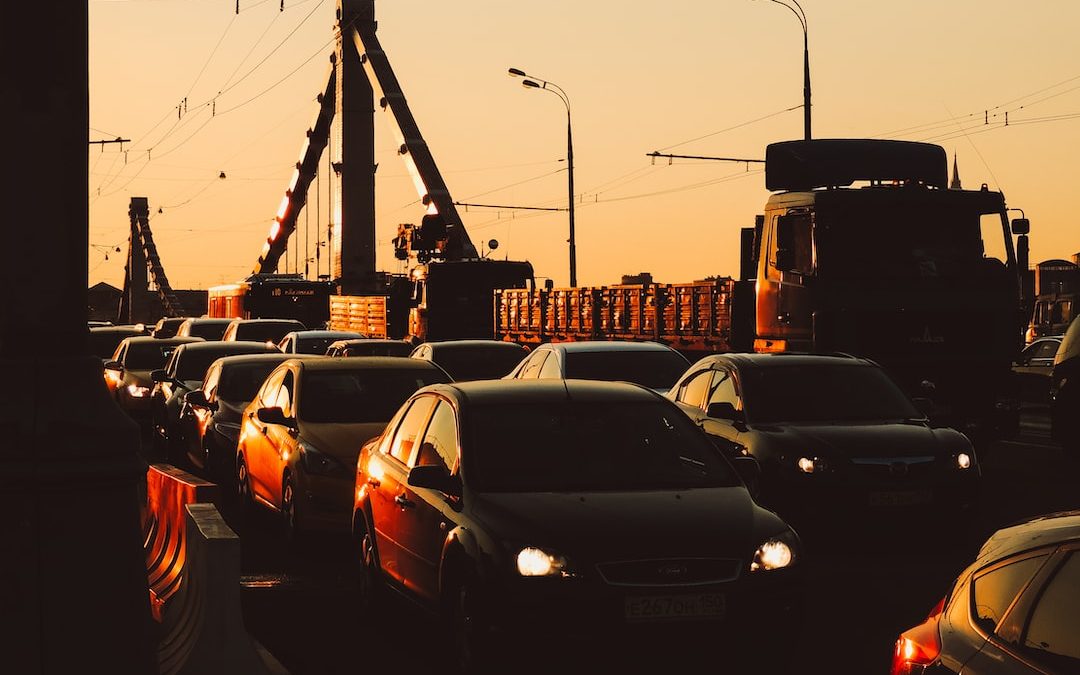Table of Contents
The Challenges of Urban Transport Group
Urban transport groups face a wide range of challenges in their daily operations. From lack of space for infrastructure to the ever-changing needs of customers, these challenges need to be addressed in order to ensure the success of the group. In this blog post, we will look at 12 of the most common challenges faced by urban transport groups and how they can be tackled.
Congestion
Congestion is one of the most common challenges faced by urban transport groups, and it can be difficult to manage. This is especially true in densely populated cities where the roads are already overcrowded. To tackle congestion, urban transport groups need to implement strategies that focus on reducing the number of vehicles on the roads, such as encouraging more people to use public transport or promoting carpooling. Additionally, they should invest in better infrastructure, such as wider roads and better traffic management systems.
Lack of Space for Infrastructure
Another challenge faced by urban transport groups is the lack of space for infrastructure. This is especially true in cities where the roads are already congested and the space for new infrastructure is limited. To address this issue, urban transport groups need to look for creative solutions, such as building underground tunnels and bridges. Additionally, they should work with local governments to secure land for new infrastructure, such as dedicated bus lanes or bike paths.
Safety Concerns
Safety is a major concern for urban transport groups, and they need to ensure that their operations are safe for both passengers and employees. This means investing in better training for employees, as well as implementing safety protocols such as background checks and regular maintenance checks. Additionally, they should ensure that their vehicles are equipped with the latest safety features, such as airbags and seat belts.
Cost of Infrastructure
The cost of infrastructure is another challenge faced by urban transport groups. Building new infrastructure can be expensive, and urban transport groups need to find ways to reduce costs while still ensuring that their operations are safe and efficient. To do this, they should look for ways to reduce energy consumption and find more cost-effective materials for construction. Additionally, they should work with local governments to secure funds for new infrastructure projects.
Environmental Impact
Urban transport groups need to be mindful of their environmental impact, as their operations can have a significant impact on the environment. To reduce their environmental footprint, they should look for ways to reduce emissions, such as switching to more fuel-efficient vehicles or investing in renewable energy sources. Additionally, they should invest in infrastructure that reduces pollution, such as electric charging stations or bike paths.
Rising Customer Expectations
As customer expectations continue to rise, urban transport groups need to ensure that their services keep up. This means investing in better technology, such as digital ticketing systems or GPS tracking. Additionally, they should look for ways to improve customer service, such as providing more comfortable seating or better Wi-Fi connections.
Outdated Technology
Outdated technology can be a major challenge for urban transport groups, as it can lead to inefficient operations and customer dissatisfaction. To address this issue, urban transport groups need to invest in modern technology, such as digital ticketing systems or automated vehicles. Additionally, they should look for ways to integrate existing technology with newer solutions, such as connecting existing ticketing systems with mobile apps.
Lack of Funding
Urban transport groups often struggle to secure enough funding for their operations, and this can make it difficult to keep up with the ever-changing needs of customers. To address this issue, urban transport groups should look for ways to increase their revenue, such as introducing new services or increasing the prices of existing ones. Additionally, they should work with local governments to secure grants and other forms of funding.
Competition
Competition is another challenge faced by urban transport groups, as they need to stay ahead of their competitors in order to remain successful. To do this, they should focus on improving their services and offering competitive prices. Additionally, they should look for ways to differentiate themselves from their competitors, such as offering unique services or investing in better technology.
Regulatory Compliance
Urban transport groups need to adhere to a wide range of regulations, and this can be a challenge for many. To ensure that they are compliant, urban transport groups should invest in better training for their employees and stay up to date with the latest regulations. Additionally, they should look for ways to streamline their processes, such as introducing automation or digital ticketing systems.
Data Security
Data security is an important issue for urban transport groups, as they need to ensure that their customer data is secure. To do this, they should invest in stronger security measures, such as encryption and two-factor authentication. Additionally, they should ensure that their systems are regularly updated and monitored for suspicious activity.
Changing Needs of Customers
Urban transport groups need to stay up to date with the changing needs of their customers, as this will determine the success of their operations. To do this, they should regularly conduct customer surveys to get feedback on their services. Additionally, they should look for ways to improve their services, such as introducing new services or investing in better technology.
Summary
Urban transport groups face a wide range of challenges in their daily operations, from congestion to rising customer expectations. To tackle these challenges, they need to invest in better infrastructure and technology, as well as look for ways to reduce costs and improve customer service. Additionally, they should ensure that they remain compliant with regulations and stay up to date with the changing needs of their customers. By addressing these challenges, urban transport groups can ensure the success of their operations.












